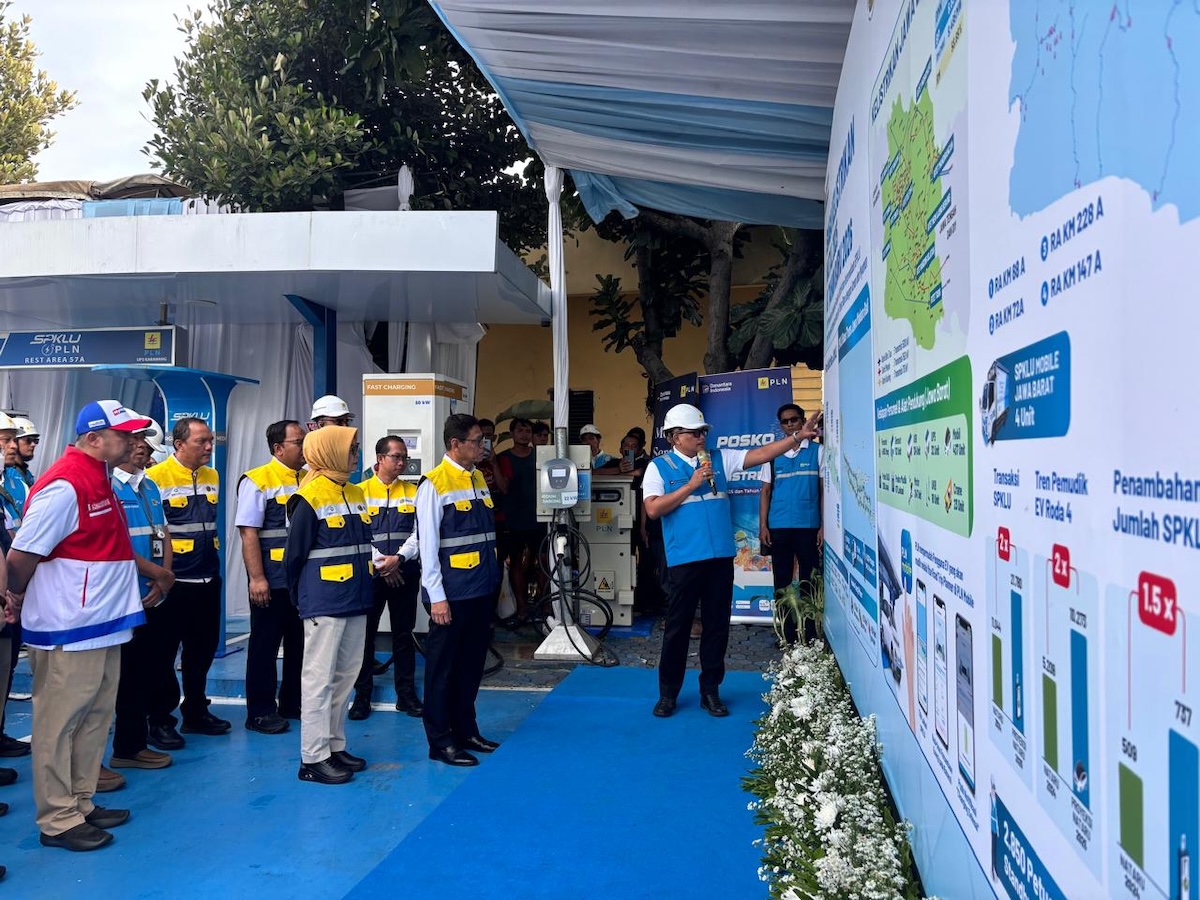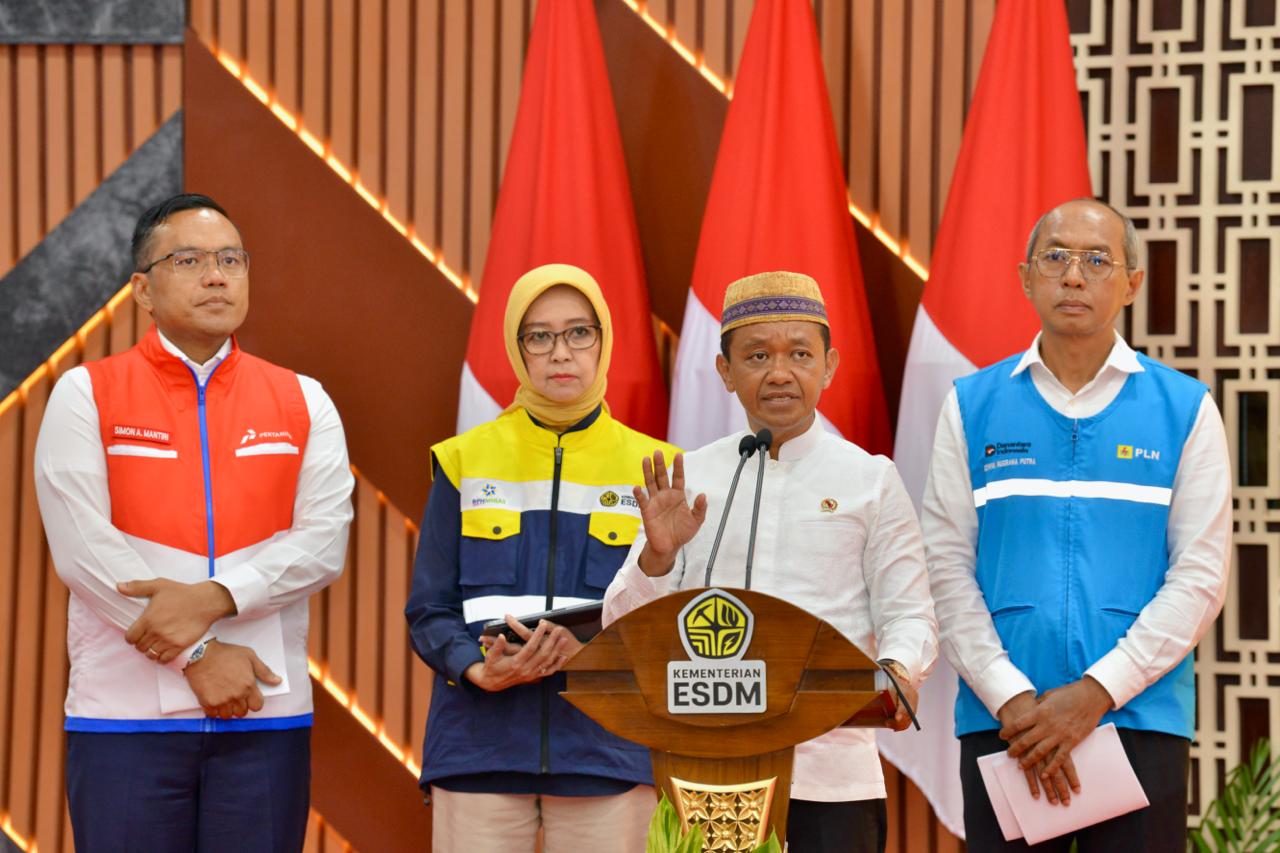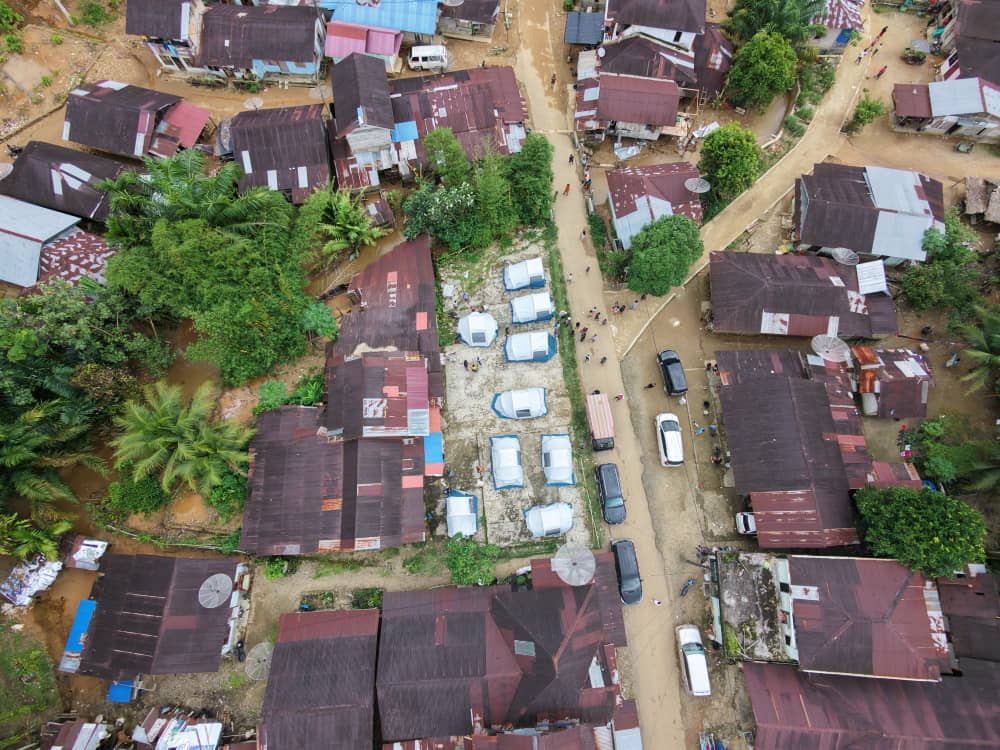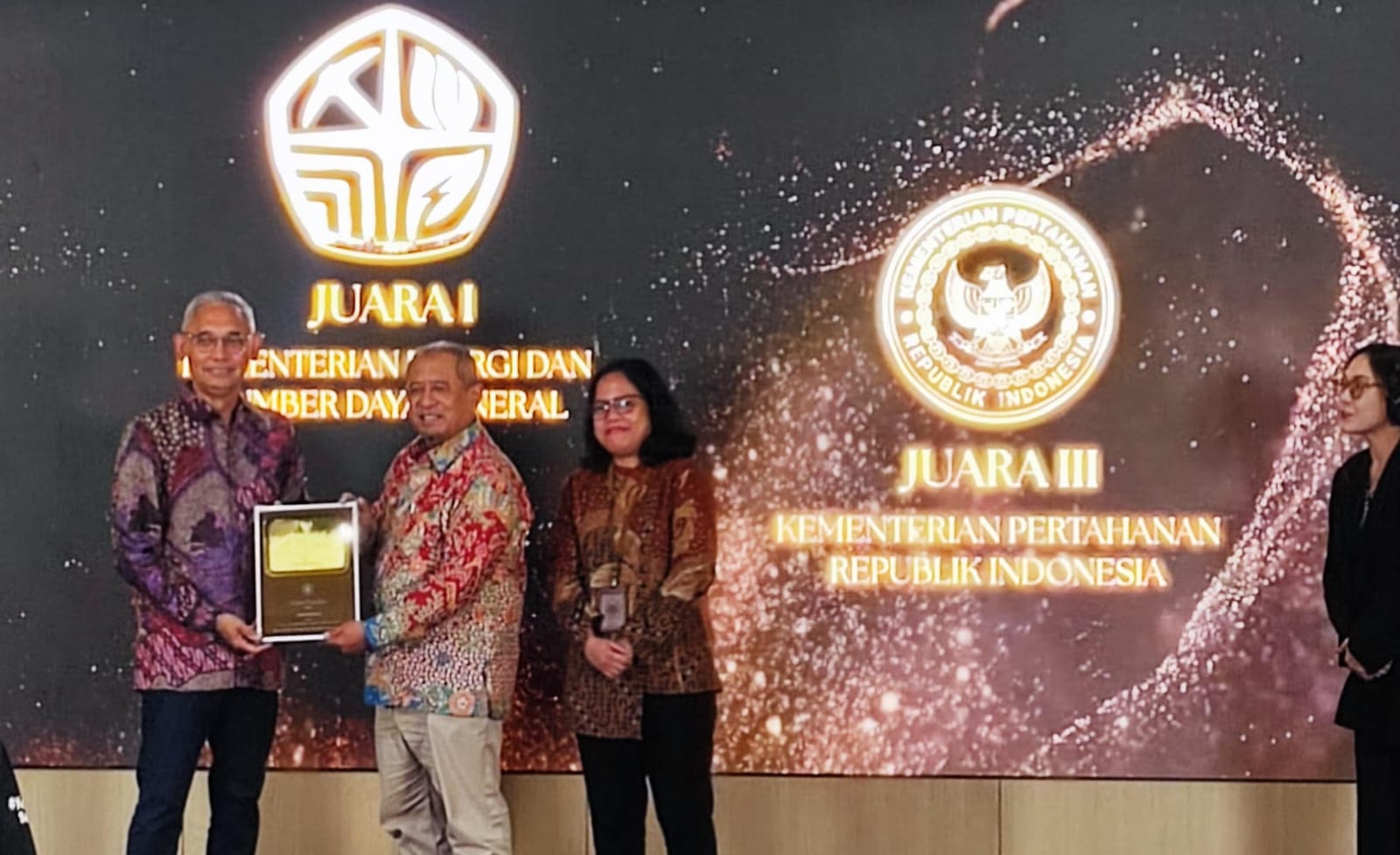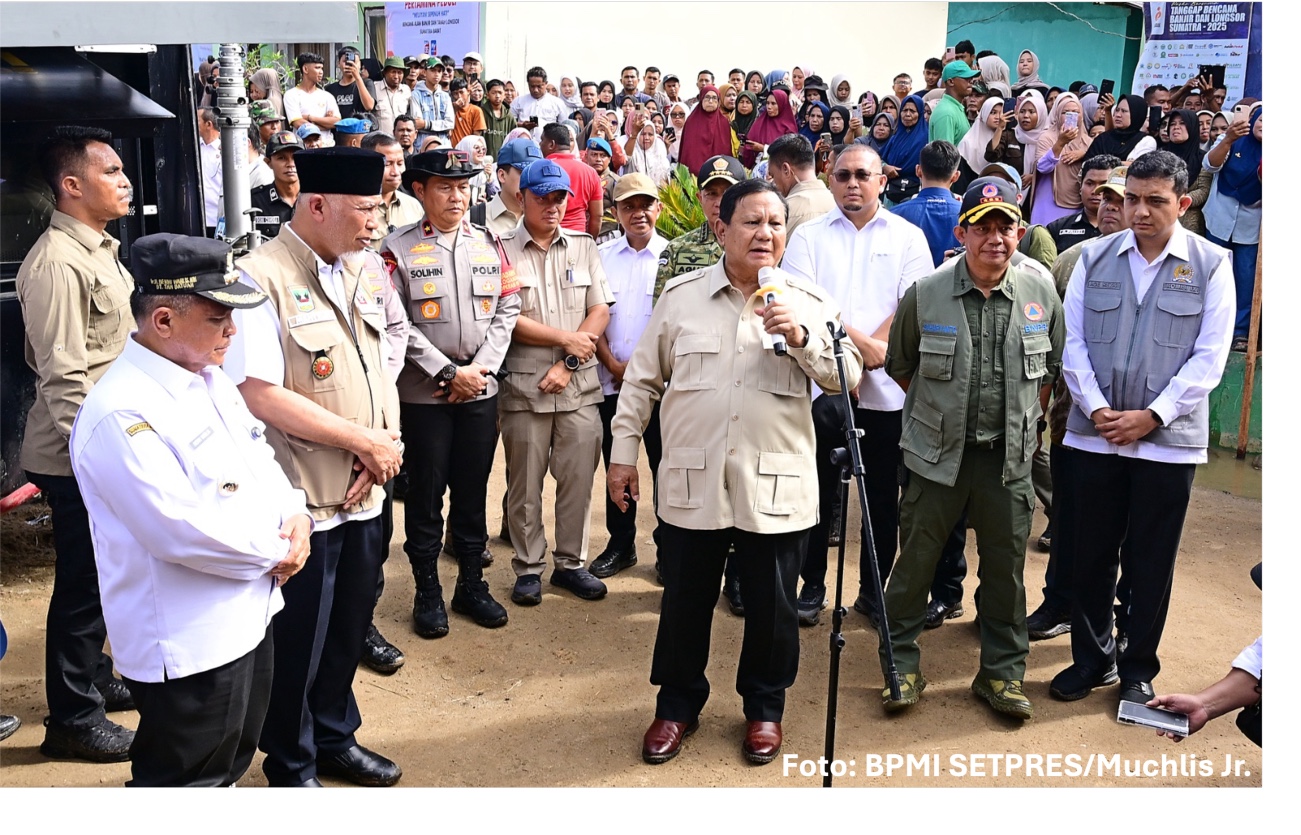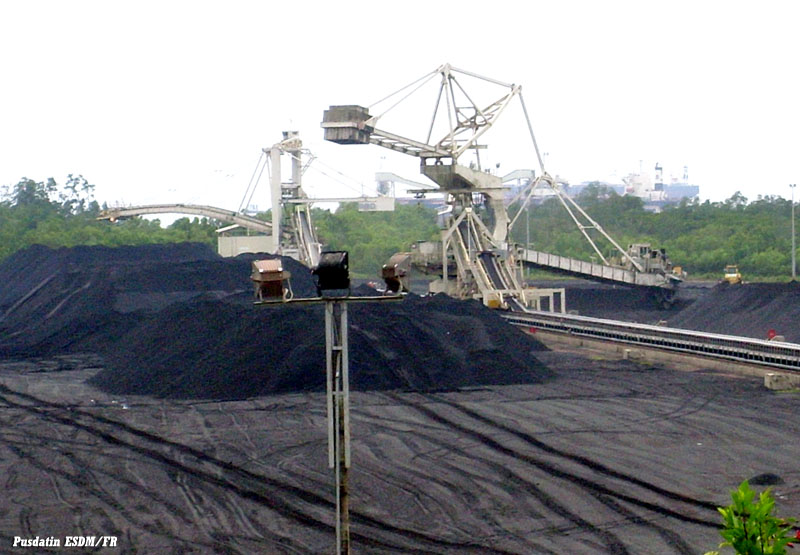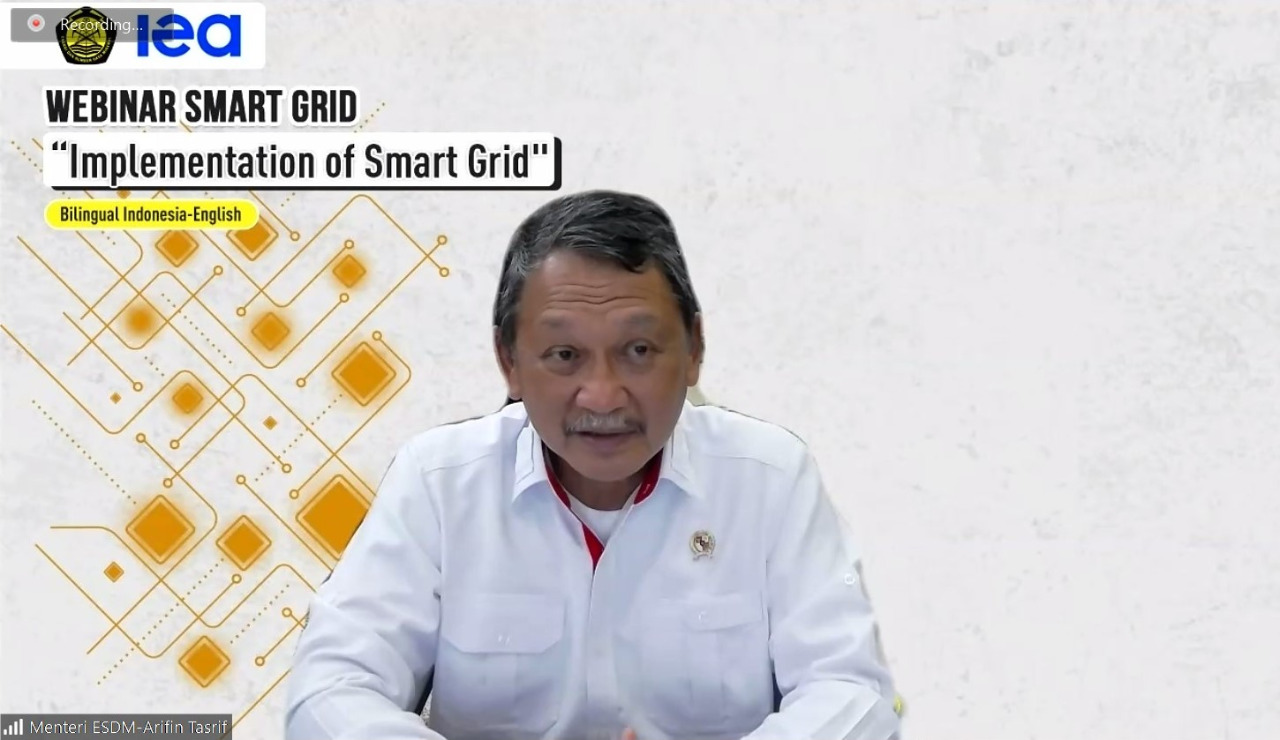
Smart Grid Accelerates Electrification in 3T Regions, Says Energy Minister
MINISTRY OF ENERGY AND MINERAL RESOURCES
PRESS RELEASE
NUMBER: 073.Pers/04/SJI/2021
Date: 26 February 2021
Smart Grid Accelerates Electrification in 3T Regions, Says Energy Minister
The Indonesian Ministry of Energy and Mineral Resources (EMR) is confident that smart grids will speed up electrification for communities living in 3T (frontline, disadvantaged, and outermost) regions. This was expressed by Minister of EMR, Arifin Tasrif, when opening a webinar titled "Implementation of Smart Grid" in Jakarta on Friday (26/2).
"The Smart Grid technology is not limited to Information and Communication Technology (ICT) only, but it can also be used to automate efficient electricity system in 3T regions, for example by applying Smart Micro Grid concept in order to use local renewable energy," said Arifin.
Arifin went on to say the Smart Grid technology could increase consumer participation in the electricity system through the installation of Smart Meters that use a two-way communication concept. "Consumers can become "prosumers", or consumers who produce their own electricity, either by Solar Home System or Microhydro," said Arifin.
Using the technology, Arifin expects his ministry can increase Indonesia national electrification ratio which reached 99.20% at the end of 2020. The realization is a huge leap compared to electrification ratio in 2000 which was only 53%. In on-grid areas, the Indonesian government has improved reliability and efficiency, while in 3T regions, it has applied an off-grid approach to expand electricity access, for example by installing solar PV, using electricity storage tubes (Talis), etc.
According to Arifin, Indonesia's topograhy is considered not a challenge to the Indonesian government in providing electricity access. "We've taken a number of strategies to provide electricity, both on-grid and off-grid," he said.
For this reason, the role of regional governments is key to Smart Grid development, by increasing the use of renewable energy in their respective region. This is in line with the mandates of Government Regulation (GR) Number 25 of 2021 on the Organization of the EMR Sector, which is a derivative of Law Number 11 of 2020 on Job Creation.
"One of the mandates of GR Number 25 of 2001 is that regional governments provide budget/funds for disadvantaged communities. Regional governments can use the funds to develop Smart Grids in order to increase the electrification ratio of their region," Arifin explained.
Arifin also appreciated the efforts made by State Electricity Utility PT Perusahaan Listrik Negara (PLN) to modernize and digitalize electricity infrastructure, for example by applying Advanced Metering Infrastructure (AMI) in Jakarta and Digital Substation at the Sepatan II project in Tangerang. Smart Grid has also been developed through Remote Engineering, Monitoring, Diagnostic & Optimization Center (REMDOC) and Reliability Efficiency Optimization Center (REOC).
On the same occasion, Director of Energy Market and Security of International Energy Agency (IEA), Keisuke Sadamori, expressed his appreciation of the webinar. Keisuke saw the webinar as a significant step in the increased collaboration between IEA and Indonesia. All the more, Smart Grids can play a major role in taking on the electrification challenge in Indonesia.
"There is no single solution to supplying clean, secure, and affordable electricity access to all Indonesians. It will take cooperation between the government, state-owned enterprises, and the private sector to work out any solutions needed to increase large-scale system efficiency and small-scale quality electricity or system at remote regions," said Keisuke.
The webinar closes the Smart Grid webinar series starting on 9 February 2021. The series was attended by stakeholders from state ministries/agencies, regional governments, business entities, professional associations, academics, and international organizations such as IEA, Asian Development Bank (ADB), Danish Energy Agency, and United States Agency for International Development (USAID). (IY)
Head of Bureau of Communication, Public Information Services, and Cooperation
Agung Pribadi (08112213555)
Share This!

